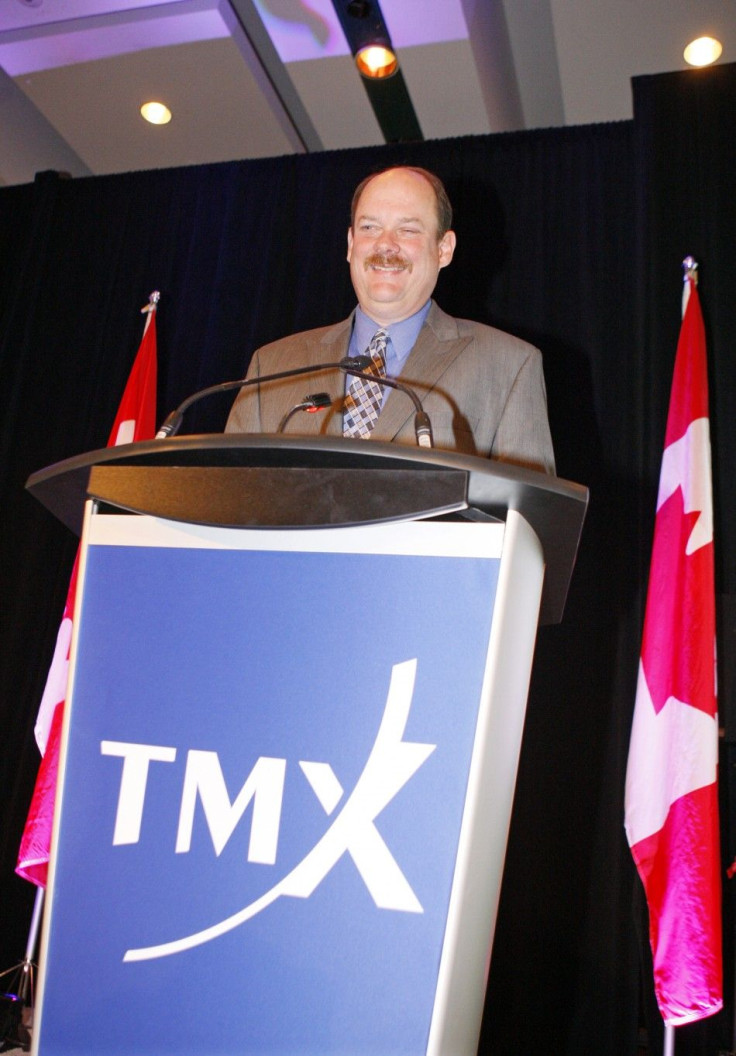TMX deal must preserve Montreal's status: watchdog

A former Quebec premier wants regulators to seek assurances that Montreal remain the center of Canadian derivatives trading before they approve a proposed C$3.8 billion takeover of the country's largest exchange operator.
Remarks on Friday by Jacques Parizeau, now a director of a Quebec-based watchdog for small investors, highlighted concerns about the deal's impact on the French-speaking province and its largest city, whose status as a financial center has waned with the ascendance of Toronto.
Speaking at public hearings before l'AutoritØ des MarchØs Financiers (AMF), the first of four provincial regulators to look into Maple Group's plan to buy TMX Group, Parizeau said Maple's proposal needs to be improved so that Montreal remains at the very heart of the trade in derivatives in Canada and in a certain sense with the United States.
Parizeau is a director of the Mouvement d'education et de defense des actionnaires, known as Medac.
TMX operates the Toronto Stock Exchange, the TSX Venture exchange for small-cap companies, and the Montreal Exchange for derivatives, among others. It was formed in 2008 when the Toronto Stock Exchange bought the Montreal one.
The Ontario Securities Commission will hold similar hearings in Toronto next Thursday and Friday. Many of the 13 financial institutions making up Maple are based in Toronto, Ontario's largest city and Canada's financial hub.
CLEARING HOUSE
Parizeau said regulators should require that CDS clearing house remain a part of MX and he recommended that MX keep the Boston Options Exchange under its wing.
Such assurances would allow the Montreal Exchange to have just a little - or at least a little - autonomy with respect to new products or new links with other exchanges of derivatives, he said.
Parizeau, who presided over a failed 1995 referendum seeking Quebec's independence from Canada, also asked regulators to insist on evidence that investment in Montreal's derivatives market is likely to grow under Maple.
He said synergies from the Maple/TMX deal should go to investors, and allocation of the $25 million in synergies from the earlier TSE/MX deal should be determined as part of the Maple analysis.
He said Canada's Competition Bureau must study pricing issues once CDS becomes a for-profit model under the Maple proposal. The bureau reviews the deal early next year.
Luc Bertrand, the public face of Maple and vice-chairman of Montreal-based National Bank Financial, argued on Thursday that the proposed combination of market platforms would help reduce costs, attract investment and make the TMX more competitive against exchanges in the United States and elsewhere.
It's all about making our marketplace as efficient as we can and also making us a stronger institution to build our global reach as well, said TMX CEO Thomas Kloet.
© Copyright Thomson Reuters {{Year}}. All rights reserved.





















